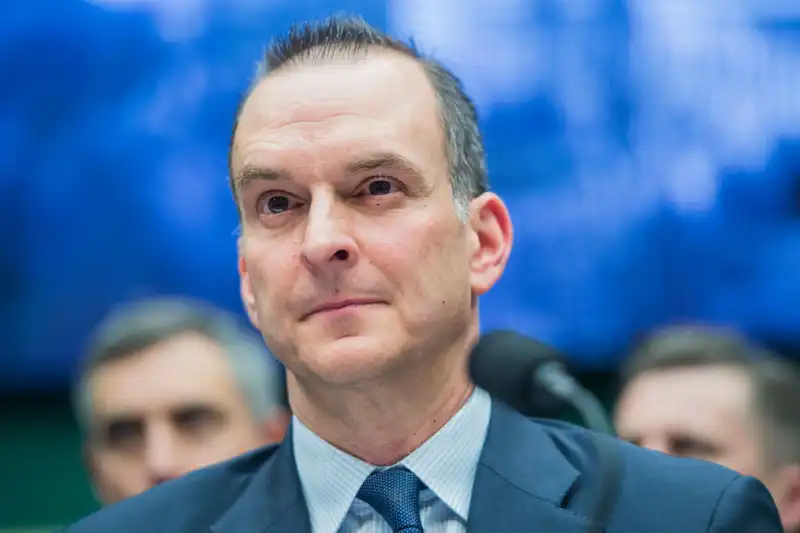Travis Tygart, CEO of the U.S. Anti-Doping Agency (USADA) and a key player in the sanctions against Lance Armstrong, strongly defended the agency's use of informants in response to public criticism from WADA.
Key to WADA's criticism was the claim that three U.S. athletes had committed anti-doping violations between 2011 and 2014, but were allowed to compete in exchange for information.
"WADA is now aware of at least three cases where athletes who committed serious anti-doping rule violations were allowed to continue competing for years while acting as undercover agents for USADA," a Reuters article on the rift between the two anti-doping organizations WADA said in an Aug. 7 statement in response to the
WADA further alleged that USADA did so "without notifying WADA and without any provision in the WADA Code or USADA's own rules authorizing such conduct."
Related - The Anti-Doping Frontier: How Biological Passports Changed Procycling
Tygart offered an impassioned rebuttal on behalf of USADA later that day. It is sad to see WADA leadership making desperate and dangerous attempts to smear others, including informants, instead of answering the basic question of why they allowed China to cover up 23 positive tests for TMZ and two positive tests for methandienone."
The controversy surrounding the 23 Chinese swimmers, many of whom are competing in the Paris Olympics after adverse analysis results were cleared on the grounds of mass contamination, has already drawn hostility from the USADA.
"The extensive investigation conducted by USADA and the IFs involved, referenced in today's WADA statement, shows exactly what WADA should have done against the positive Chinese swimmers. According to the Times, even though the informant athletes were competing, USADA claimed they were prohibited from competing at the elite level, which could deprive professional athletes of income and medals.
The Times also reported seeing a letter supporting Tygart's claim that WADA was actively involved in the investigation and cooperative in protecting informants.
WADA claims that it learned of this practice in 2021 and immediately prohibited USADA from conducting this style of investigation.
However, WADA's rules provide that concessions to anti-doping sanctions can be broadly granted "where the Athlete and others provide substantial assistance to the Anti-Doping Organization."
The WADA Code provides that "WADA may grant concessions to an Anti-Doping Organization for a period of suspension and substantial assistance that is longer than otherwise provided in this Article . The Code provides that "WADA may agree to a period of suspension and other consequences for substantial assistance in excess of those otherwise provided in this Article, or no period of suspension, no mandatory publicity, and/or no refund of prize money or payment of fines or costs.The identity of the informants is unknown, but WADA has revealed that two of them were "low ranked in the running circuit" and the third was competing at a higher level All three athletes are now retired from competition.
The statement from USADA and Tygart concludes: "The current leadership of WADA is more interested in its own reputation than in actually doing the work to protect clean sport, using the tools available for investigation, or winning the battle for clean athletes. It seems that there is a lot of work to be done, and that is sad for clean athletes.


Comments